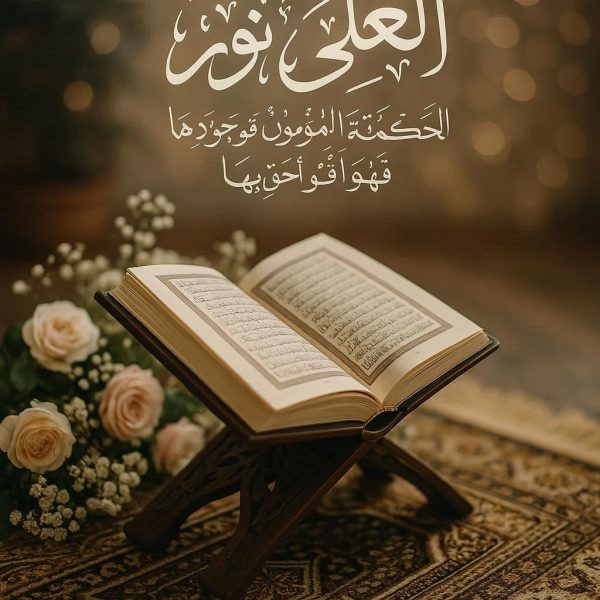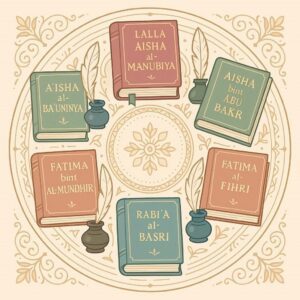For centuries, Muslim women have played a remarkable role in preserving and teaching Islamic knowledge. While today’s technology makes it easier than ever to explore how to learn Quran at home with meem academia, history reminds us that the legacy of Muslim female scholars paved the way for this accessibility. Their lives offer lessons in perseverance, scholarship, and faith that still inspire Muslims worldwide.

Honoring the legacy of Muslim female scholars
The legacy of Muslim female scholars is a powerful reminder that women have always played a central role in preserving and spreading Islamic knowledge. From hadith narration and Quranic interpretation to establishing great centers of learning, these women left an enduring mark on history. Their contributions highlight that the pursuit of knowledge is not limited by gender but enriched by dedication, sincerity, and faith. Today, their stories continue to inspire Muslims worldwide, especially women seeking to reconnect with their faith through study and scholarship.
1. Aisha bint Abu Bakr (RA) – Preserving Hadith and the Legacy of Muslim Female Scholars
Known for her sharp memory and deep understanding of Islamic teachings, Aisha (RA) narrated over 2,000 hadiths. She taught hundreds of students, including prominent male scholars, proving that knowledge knows no gender.
2. Fatima al-Fihri – Education
Founder of the University of al-Qarawiyyin in Morocco, Fatima al-Fihri established one of the oldest universities in the world. Her vision for accessible education continues to inspire learners everywhere.
3. Umm al-Darda al-Kubra – Jurisprudence
Respected for her expertise in hadith and Islamic jurisprudence, Umm al-Darda taught in the Great Mosque of Damascus. Students traveled from faraway lands to learn from her wisdom.

4.Karima al-Marwaziyya – Accuracy in Hadith
A leading scholar of Sahih al-Bukhari, Karima’s teachings were recognized for their authenticity. She upheld high academic standards, making her a role model for accuracy and dedication in Islamic studies.
5. Fatima bint Muhammad al-Samarqandi – Fiqh
Renowned for her deep knowledge of Islamic law, Fatima bint Muhammad worked alongside her husband in issuing religious rulings, highlighting the importance of women’s scholarly contributions.
6. Aisha bint Abdul Hadi – Teaching Great Scholars
As the teacher of Ibn Hajar al-Asqalani, one of the most famous hadith scholars, Aisha bint Abdul Hadi’s influence reached generations far beyond her lifetime.
7. Zaynab bint Kamal – Dedication to Learning
Known for granting ijazahs (teaching licenses) in hadith, Zaynab bint Kamal dedicated her entire life to learning and teaching. She left a legacy of scholarship that continues to inspire.
Learning from Their Legacy Today
These remarkable women remind us that gaining knowledge is both an act of worship and empowerment. In fact, their example shows that seeking knowledge is not limited by time or place. Today, we benefit from countless resources, including online classes, mobile apps, and even guided study circles, which make it much easier to explore how to learn Quran at home. Moreover, by following a structured plan, seeking qualified teachers, and dedicating regular time for study, anyone can continue progressing. For this reason, MeeM Academia offers a online islamic course for ladies so sisters can learn in a supportive and well-structured environment.

Final Thoughts
The lives of these seven inspiring female scholars prove that, with dedication and sincerity, barriers to learning can always be overcome. Whether you attend a local madrassa or focus on how to learn Quran at home, you are part of a long tradition of seekers who carry the light of knowledge forward. Furthermore, choosing programs like MeeM Academia’s ladies’ dars course helps you connect with skilled teachers, gain consistency, and join a community of motivated learners. In this way, both traditional paths and modern opportunities come together to keep the flame of knowledge alive.


0 Comments